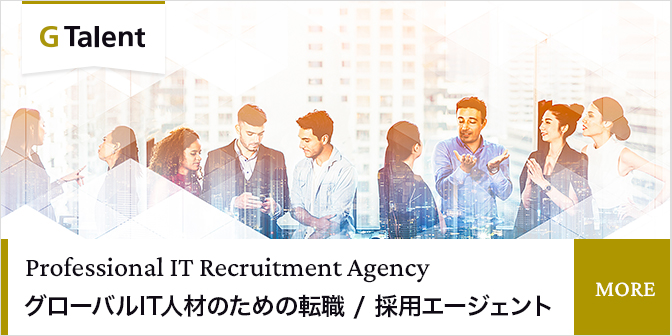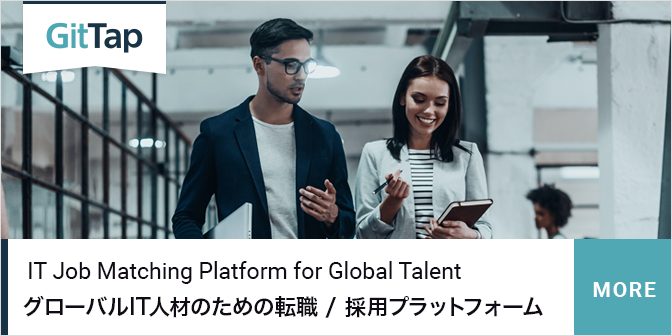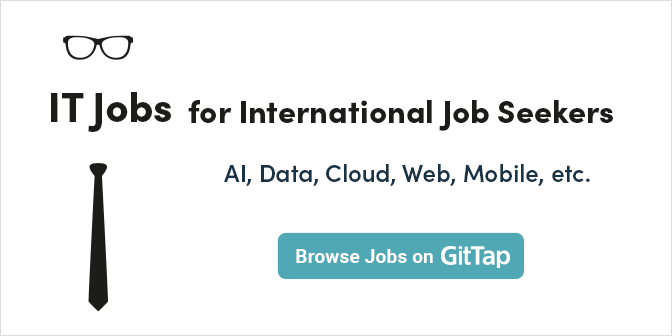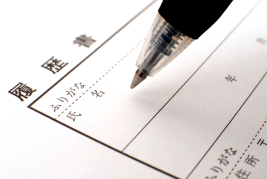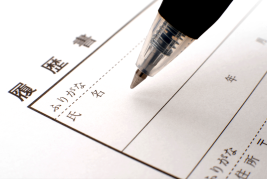Compared to overseas, Japanese companies apart from having good salaries are said to have a lot of employee benefits in Asia. In this article, for foreigners such as international students who want to work for Japanese companies, we would like to explain the most common benefits that Japanese companies provide to their employees.
Contents
Employee Benefits “Fukurikosei”
First, employee benefits in Japan (Fukurikousei) means various efforts aimed at supporting employees and their families in terms of health and life. Also in Japan, there are two types of welfares, legal employee benefits (Houtei-Fukuri Kosei) which are said by law that companies must provide to their employees, and the other is which companies voluntarily provide (regardless of the law) to their employees.
Types of Employee Benefits
Legal Employee Benefits (Houtei-Fukurikousei)
Below, we would like to briefly describe each type of legal employee benefits (Houtei-Fukurikousei).
-
- Worker’s Accident Compensation Insurance (Rousai-Hoken)
Worker’s accident compensation insurance is an insurance when workers are injured or ill due to accidents that occur during work or on the way to work.
-
- Child Allowance (Kodomo/Kosodate Kyoushutsu-Kin)
This is a contribution that is paid to a family with children when the company pays the government a fixed amount.
-
- Unemployment Insurance (Koyou-Hoken)
Unemployment insurance is the allowance paid by the state when a worker loses his or her job.
For example, if the company’s business performance is poor and you are dismissed due to the reason, you can apply to the country and receive about 50 to 80% of the salary of the previous job as an unemployment allowance in a period of 90 to 150 days.
-
- Health Insurance (Kenkou-Hoken)
Health insurance is a medical insurance system to prepare for situations such as illness, injury, birth, and death.
For example, if you go to a hospital and receive medical treatment, depending on the case, and you show your insurance card, you will pay about 30%, and the rest will be borne by the government.
-
- Nursing insurance (Kaigo-Hoken)
Nursing insurance is an insurance system in which the government provides a portion of the cost needed for nursing care when is determined that it is necessary.
-
- Welfare Pension Insurance (Kousei-Nenkin-Hoken)
Welfare pension insurance is a pension system that is provided in addition to the national pension.
These legal employee benefits (Houtei-fukurikousei) are legally obligatory for companies when they employ workers.
The percentage at which the company and employees pay is regulated by law, the company deducts the amount to be paid from the employee’s monthly salary and the company pays it to the country.
Most Common Employee Benefits in Japanese Companies
In many cases abroad, transportation costs to go to work are borne by workers themselves, but in Japan, it is common for companies to bear the transportation costs of their employees. Like in this case, the welfare provided by companies differs between Japan and abroad.
From now on, we would like to introduce the most common welfares that Japanese companies provide to their employees.
-
- Commuting Allowance (Koutsu-teate)
It is a benefit that the company bears for the cost of commuting from your home to your office with round trip. Some companies pay the full amount, while others only pay a fixed amount. Most companies in Japan provide employees with commuting allowances.
-
- Medical Check-up (Kenkou-shindan)
Under Japan’s Occupational Health and Safety Act, companies are obliged to take good care of their employee’s health.
A medical check is recognized as welfare for this health care obligation, and most of the Japanese companies offer their employees a yearly medical check as welfare.
For details on the types of medical examinations that foreigners can take in Japan, their contents, and the time required, please read the article below if you are interested.
What kind of medical examination can foreigners receive at a Japanese company?
-
- Housing Allowance (Jutaku-teate)
It is a system in which part of the rent is paid together with the monthly salary. The amount paid depends on the company. This allowance is often found in financial and manufacturing industries that require national transfers.
-
- Employee Stock Ownership Plan (Juugyoin Mochikabu-seido)
This is a system in which employees who are willing to purchase stock can withhold the deduction from the salary and purchase the stock of the company or its parent company and receive the profit separately from the salary. It is a system often found in listed companies and big companies.
-
- Retirement Allowance (Taishokukin)
The money an employee is paid when they retire. The purpose of the retirement allowance is to provide monetary support for retirees who worked for many years in the same company.
However recently the cases in which an employee works until his retirement (60 years old) in the same company are decreasing notably. Also, the retirement allowance fund is not being managed well, and the burden on the company side is increasing.
For these reasons, instead of a retirement allowance, companies that offer a monthly fund to collaborate with a defined contribution pension plan have recently increased.
-
- Special Leave for Weddings and Funerals (Keichou-kyuuka)
It is a type of leave that can be taken when you or a close relative gets married, it can also be used in the case of bereavement.
-
- Maternity Leave (Shussan-kyuuka)
Maternity leave is a type of leave that combinate the prenatal period and the recovery period after delivery. Depending on the company, you can get leave from 6 weeks before birth but on the other hand, the recovery period is set by law to get 8 weeks.
-
- Parental Leave (Ikuji-kyuuka)
Parental leave is a leave system that helps employees take time off and concentrate on childcare until their child is one year old.
-
- Working from Home or Telework (Zaitaku-seido)
It is a system that allows you to work from home without having to come to the office. This system is often found in IT-related jobs such as web designers and system engineers, also in sales-related jobs such as inside sales and customer support services.
-
- Choose your own PC
This is a system that allows employees to freely choose a pc from the types of pc that the company prepares.
Conclusion
In addition to the welfare that we have introduced, some companies have different types of welfare. Japan’s welfare program is fulfilling worldwide, and it can be said to be one of the merits of working as an employee in Japan.
IT engineers who are looking for work or change jobs for a Japanese company, please register with G Talent, a recruitment agency specializing in IT engineers. A professional consultant will support you in changing jobs for free.




